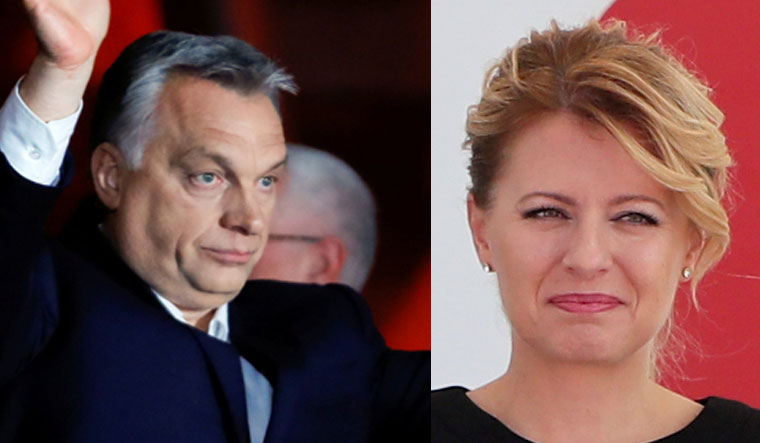You don't need guns, tankers and an extensive military show to get what you want (think again China!). All you need to do is get elected, have a majority, change the constitution, make laws, control the media and you can script a happy picture of democracy.
If you don't speak Hungarian, a la-di-da city is what you find in Budapest. But, take a closer look and you begin to see the wrinkles, frown lines and zits underneath all the layer of make-up that is Hungary's pretty face. President Viktor Orban enjoys absolute power over Hungary, with the state swinging to his groove.
Orban and his Fidesz party’s parliamentary chicanery is spreading like cancer through Europe. Violence is no more the key to getting what you want. As Orban and Fidesz have shown, you can just use the press and government institutions to do the dirty work. Take a look at how Orban's 'compatriot' Matteo Salvini does it. A strong opponent to immigration, Salvini doesn't use force against immigrants. He just cuts shelter space so that people are forced to live out and reach a point where they are forced to react. The reaction which is usually some sort of unrest, is Salvini's weapon to justify why immigrants should be thrown out—because they are violent! Get the press to write the narrative and nobody would look any closer.
All this makes you wonder why someone would elect such a government. The answer is nationalism. The perfect answer to all the cynicism against politics and a democracy as virulent in nature as it can get. Nothing holds people like a unified sense of togetherness—the idea of the nation. Cynicism and distrust in regimes have riled up voters across democracies, instilling them with a feverish desire for change. This 'change' is what leaders such as Orban, Erdogan and Putin harpooned on to become products of general anti-establishment sentiments. They gave the voters a new umbrella to take shelter in—nationalism— and became cult-like figures in the process.
About two hundred kilometers away from Budapest is another city, with which it shares a sketchy, troublesome history – Bratislava, now the capital of Slovakia. Just over a year ago, this city witnessed thousands of demonstrations as Slovaks took to the streets to demand justice after a journalist was murdered while probing the links between ministers and organised crime. The demonstrations toppled the Robert Fico government, thus sparking off a generation of liberal thinkers including a 45-year old lawyer to lead them to a brighter future – Zuzana Caputova.
One among hundreds of other candidates with no realistic chances of winning, Caputova showed how calm, composed and informative talks can win voter minds. Her campaign was all about the struggle for justice and never did she resort to demeaning her opponents or indulging in extraneous banter. Her victory was a rare one in Central Europe, which has a penchant for nationalist rhetoric. Slovakia stands out among Hungary, Poland and Austria, where right-wing nationalist parties have dominated.
Caputova and Slovakia's success story is a testament to what Hungary, Turkey, Russia and even some of the bigger democracies are battling to achieve. They present a riposte to authoritarian regimes that use nationalism as the bandwagon to win elections and then denigrate and vandalise their democracy.
Democracies across the world can take a leaf out of Slovakia's book. Turkey witnessed something similar when Recep Tayyip Erdogan was beaten by Ekrem Imamoglu in the race for the mayoralty in Istanbul. The riposte is to rally behind leaders who are rule-enforcers rather than rule-makers. No matter the size of the democracy or its leader, voters should break the wheels, as brave demonstrators in Hong Kong recently showed. Democracy is too precious to be allowed exploitation under any pretence, especially that of nationalism.



